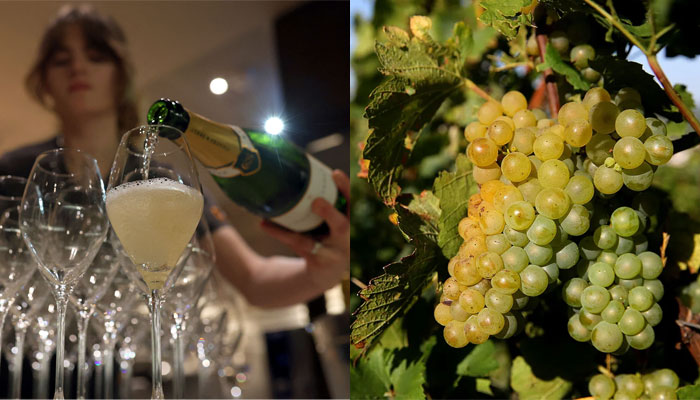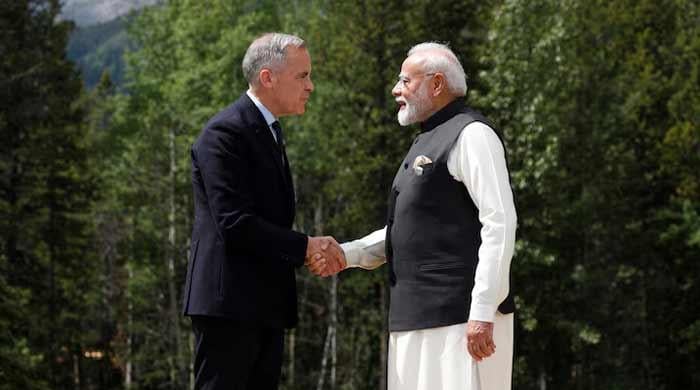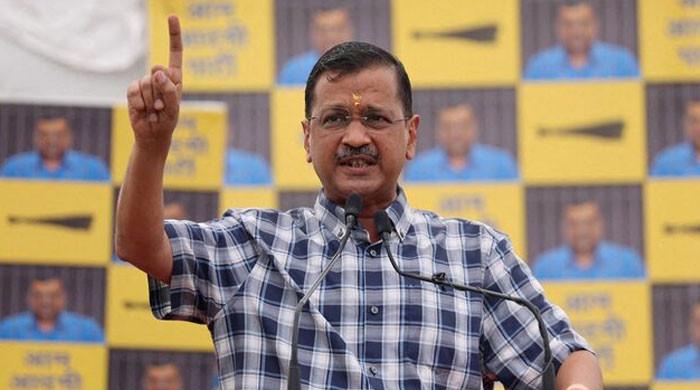Climate crisis threatens iconic new year's eve 'Pop' as champagne grapes face extinction
Climate change is warming and altering weather patterns in renowned wine-growing regions like Champagne in northern France
December 28, 2023

As the new year approaches, the cherished tradition of celebrating with a champagne "pop" is at risk due to the climate crisis.
Data from Silicon Valley startup ClimateAi reveals that the three grape varieties essential for champagne production—chardonnay, pinot noir, and pinot meunier—are on the brink of extinction.
Climate change is warming and altering weather patterns in renowned wine-growing regions like Champagne in northern France.
By 2050, these vital grape varieties may cease to exist, warns ClimateAi. The startup utilises global climate models, satellite data, and field data to forecast the future of grapes used in champagne worldwide.
A 2020 study indicated that global warming by 2 degrees Celsius above pre-industrial levels could shrink wine grape-growing regions by more than half. Extreme weather events, exacerbated by climate change, contributed to the lowest global wine production in 60 years in 2023.
Will Kletter, VP of Operations and Strategy at ClimateAi emphasised the unique requirements of champagne production, needing warm, sunny days and cool nights. As the climate warms, these conditions may become challenging.
The wine industry faces immediate challenges, leading to potential increases in wine prices or changes in quality. To adapt, Kletter suggests wine growers explore cooler locations further north.
France's Champagne region experienced its smallest harvest since 1957 in 2021 due to extreme weather events, resulting in a $2 billion loss. Despite difficulties, the 2023 production in Champagne has shown improvement.
Wineries are adapting to climate challenges, with some, like CHO Wines in Oregon, choosing higher elevations for cooler conditions. However, the shift poses questions about whether traditional wine growers will embrace new regions and winemaking processes.
While established regions like Bordeaux and Champagne face territorial constraints, the climate crisis presents an opportunity for creativity and innovation in the wine industry. The Chos in Oregon, for example, experimented by co-fermenting grapes with apples, resulting in a popular sparkling wine with a unique flavour.
As iconic grape varieties face extinction, the industry must navigate challenges and seek innovative solutions to ensure the continuation of beloved traditions like the New Year's Eve champagne "pop."











